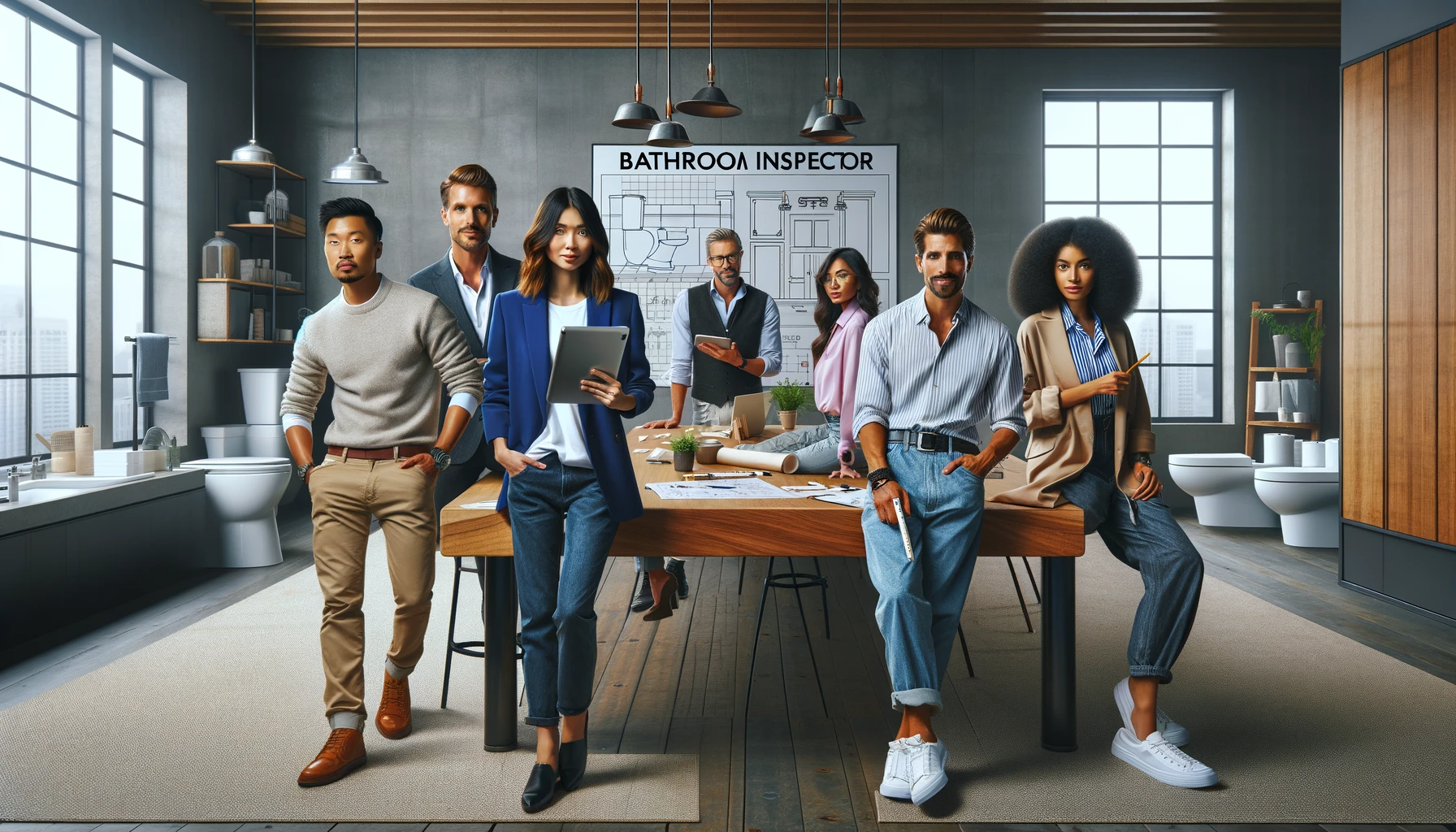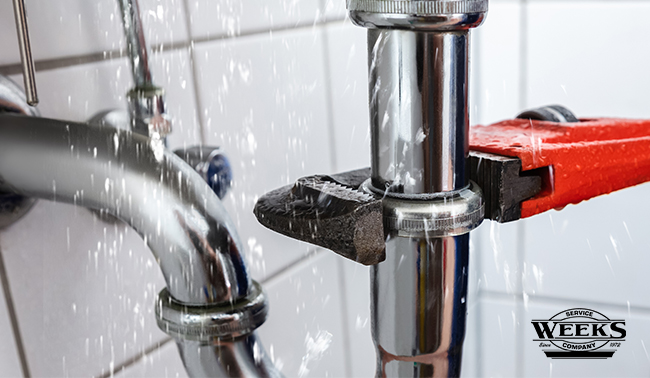Plumbing is an integral part of any home, providing the essential functions necessary for daily living. However, misconceptions about plumbing practices can lead to misguided actions, potentially resulting in costly repairs. This article delves deeper into common plumbing myths, offering insights and debunking misconceptions to empower homeowners with accurate information for maintaining a reliable plumbing system.
Lemons Clean Garbage Disposals:
The myth of using lemons to clean garbage disposals stems from the citrusy scent that can temporarily mask odors.
However, the citric acid in lemons can corrode metal components over time, posing a risk to the longevity of your disposal.
A safer alternative is a mixture of vinegar and baking soda, which helps clean and deodorize without causing harm.
Flushable Wipes Are Safe for Toilets:
Despite the name, “flushable” wipes can wreak havoc on plumbing systems. These wipes don’t disintegrate as quickly as toilet paper, leading to clogs and blockages.
To avoid potential plumbing disasters, it’s best to dispose of these wipes in the trash rather than flushing them down the toilet.
Running Water While Using the Garbage Disposal Prevents Clogs:
While running water while using the garbage disposal can help move waste through the pipes, it’s not a foolproof solution. Fibrous or starchy foods can still lead to clogs.
To reduce the risk, avoid putting items like potato peels and celery down the disposal, and always use plenty of water to help flush debris through the system.
In-Tank Cleaners Are the Best Way to Keep Toilets Clean:
In-tank cleaners are often marketed as a convenient way to maintain a clean toilet bowl. However, the chemicals in these cleaners can damage the rubber components inside the tank and may lead to costly repairs.
A more effective and safer approach is regular cleaning with a toilet brush and using non-corrosive cleaning agents.
Water Heaters Don’t Need Regular Maintenance:
Water heaters are essential for providing hot water in our homes, but they do require regular maintenance. Sediment buildup over time can reduce efficiency and lead to increased energy consumption.
Flushing the water heater periodically helps remove sediment, ensuring optimal performance and prolonging the appliance’s lifespan.
DIY Fixes Are Always Sufficient:
While many plumbing issues can be addressed with DIY solutions, some problems require professional expertise. Attempting complex repairs without the necessary knowledge and tools may worsen the situation.
Knowing when to call a professional can save homeowners time, money, and the frustration of prolonged plumbing issues.
Water Pressure Regulators Are Unnecessary:
Water pressure regulators often go unnoticed, but they play a crucial role in protecting your plumbing system. Without a regulator, high water pressure can cause stress on pipes, appliances, and fixtures, leading to leaks and damage.
Installing and maintaining a water pressure regulator helps ensure a consistent and safe water pressure throughout your home.
FAQs:
Q1: Can I Use Boiling Water to Unclog Drains?
A1: Boiling water is effective for certain clogs, such as those caused by grease or soap scum. However, for more stubborn blockages involving solid materials, mechanical methods like plunging or using a drain snake may be more effective.
Q2: Do I Need to Turn Off the Water Heater When on Vacation?
A2: Yes, turning off the water heater when on vacation is advisable. This not only saves energy but also prevents potential malfunctions that could occur in your absence.
Q3: Is It Okay to Ignore a Slow Leak?
A3: No, even a slow leak can lead to significant damage over time. Promptly address leaks to prevent water damage, mold growth, and potential structural issues.
Q4: Can I Use Bleach Tablets in the Toilet Tank?
A4: While bleach tablets can help keep the toilet bowl clean, placing them in the tank can corrode components. It’s better to use bleach sparingly and manually clean the bowl as needed.
Q5: Should I Use Drain Cleaners Regularly?
A5: No, regular use of chemical drain cleaners can damage pipes. Opt for mechanical methods like plunging or snaking, and use drain cleaners sparingly to avoid potential harm to your plumbing system.
Conclusion
Understanding and dispelling common plumbing myths is crucial for homeowners seeking to maintain a healthy and efficient plumbing system. By adopting proper practices, implementing regular maintenance, and seeking professional assistance when needed, homeowners can ensure the longevity and optimal performance of their plumbing infrastructure. Stay informed, be proactive, and enjoy a trouble-free plumbing experience in your home.

A group of home improvement enthusiasts and bathroom design experts, combines in-depth knowledge and a shared passion to deliver engaging, informative content that guides readers through the world of bathroom innovation and style.

Leave a Reply